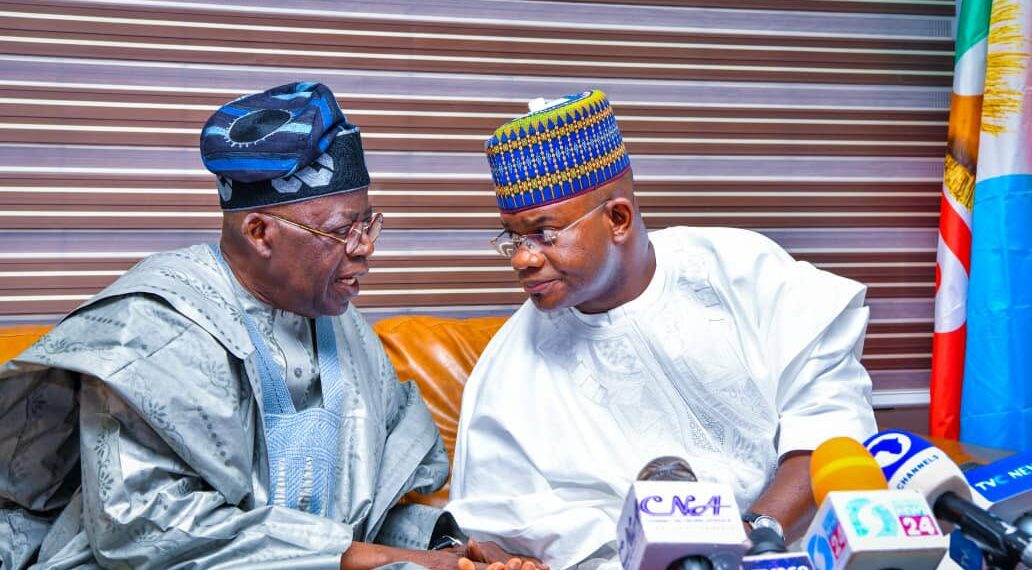Nigeria eyes mining, automotive transformation for industrial revolution
The Director-General of the Nigeria-China Strategic Partnership, Mr. Joseph Tegbe, met with the Minister of State for Industry, Trade, and Investment, Senator John Enoh, to align on priorities aimed at repositioning the nation’s economy through the mining and automotive sectors.
The meeting, which was held in Abuja, explored actionable strategies to unlock the full industrial potential of both sectors within the framework of President Bola Ahmed Tinubu’s Renewed Hope Agenda, with an overarching goal to shift Nigeria from an import-dependent economy to a production and export-led industrial powerhouse.
While receiving the DG, Enoh reaffirmed the Federal Government’s commitment to three priority sectors, including sugar, cotton-textile-garment, and automobiles, according to a statement.
Each of the sectors is backed by active industry councils to drive localised production, stimulate domestic demand, and boost Nigeria’s global industrial competitiveness.
At the centre of this shift is the Nigeria First Policy, a landmark presidential directive that mandates all Ministries, Departments, and Agencies to prioritise Nigerian-made goods and services in public procurement. This policy is already restructuring supply chains, catalysing job creation, and reducing overreliance on imports across key sectors.
Tegbe emphasised that the Nigeria-China Strategic Partnership is committed to supporting this transformation, noting the country’s readiness to evolve from a consumption-driven economy into a strategic development partner, particularly with China.
Citing Brazil’s $94.41bn export performance to China in 2024, he stressed Nigeria’s capacity to achieve similar milestones by focusing on high-impact sectors such as agriculture, solid minerals, and industrial manufacturing.
He highlighted the mining sector’s vast potential, with over 40 commercially viable minerals as critical enablers of industrial growth. Rather than continuing the raw export of mineral resources, he emphasised the need to build out local beneficiation, processing, and refining capacity—an agenda supported by clear regulatory reforms and investment incentives.
The Industrial Revolution Working Groups, a flagship initiative of the Presidential Council on Industrial Revitalisation, are already operational, working to resolve regulatory bottlenecks, improve access to infrastructure and financing, and unlock sustainable growth across the mining value chain.
In parallel, the automotive sector is receiving focused government attention, with policies in place to make Nigeria a regional hub for vehicle assembly and full-scale manufacturing.
The Nigeria First Policy has already begun to stimulate demand for domestically assembled vehicles, while boosting investor confidence in the sector.
There is a strong commitment to the implementation of a structured national automotive policy, aiming to move from basic vehicle assembly to advanced manufacturing that integrates local supply chains and paves the way for electric and energy-efficient mobility.









